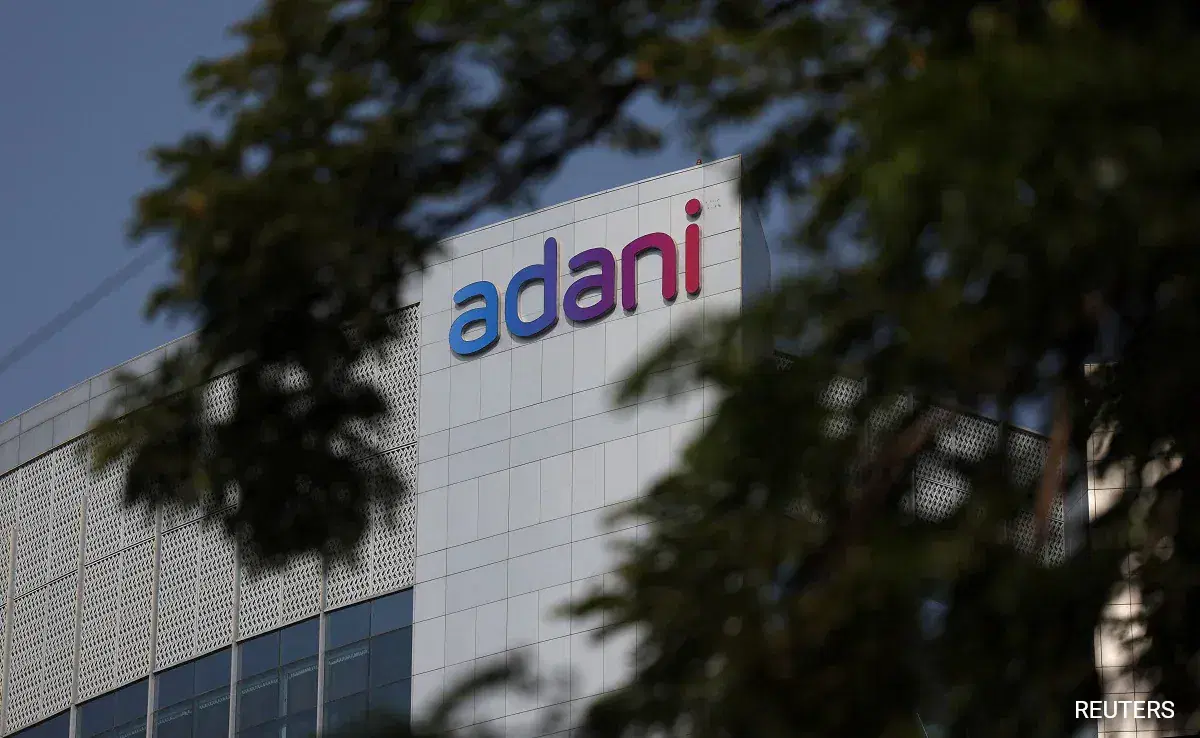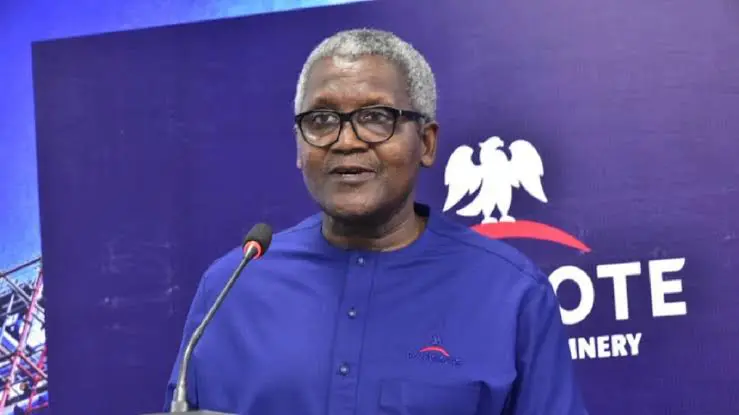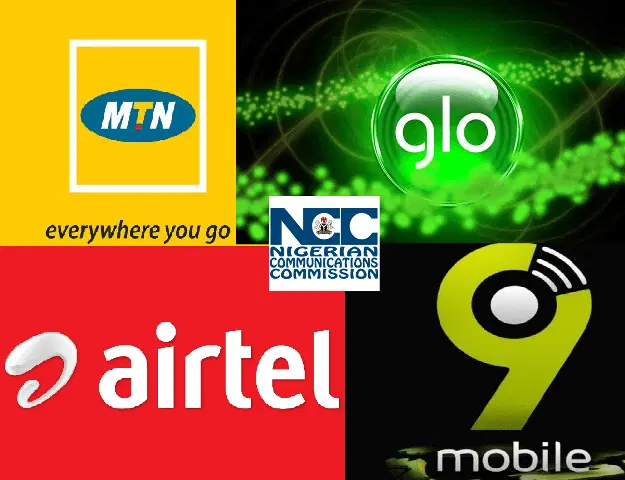United States President Donald Trump announced on Wednesday that he is open to reducing tariffs on China to facilitate a deal for ByteDance, the Chinese parent company of TikTok, to sell the popular short-video app used by 170 million Americans.
ByteDance faces an April 5 deadline to divest TikTok to a non-Chinese buyer or risk a nationwide ban on national security grounds. The ban, initially set to take effect in January, was mandated under a 2024 law due to concerns that TikTok’s Chinese ownership could enable Beijing to conduct influence operations and collect data on U.S. users.
Trump also indicated he might extend the April deadline if a deal is not reached. Acknowledging China’s influence over any potential agreement, he suggested tariff reductions could serve as an incentive. “Maybe I’ll give them a little reduction in tariffs or something to get it done,” he told reporters.
TikTok has not commented on Trump’s remarks.
The president’s statement underscores the importance his administration places on TikTok’s sale, positioning tariffs as a key bargaining tool in negotiations with Beijing. In February and earlier this month, Trump added a 20% levy to existing tariffs on all Chinese imports, further intensifying trade tensions.
China’s approval remains a major hurdle in finalizing any deal, as Beijing has been reluctant to relinquish control over a company valued at tens of billions of dollars. Trump has previously used tariffs as leverage in TikTok negotiations. On his first day in office, January 20, he warned that additional tariffs could be imposed if China obstructed a U.S. deal for the app.
Vice President JD Vance has expressed confidence that a resolution to TikTok’s ownership issue will be reached by April 5. Meanwhile, sources indicate that White House-led talks among investors are centering on a plan in which ByteDance’s largest non-Chinese stakeholders would increase their ownership and acquire TikTok’s U.S. operations.
The app’s future has been uncertain since the bipartisan passage of the divestment law, which required ByteDance to sell TikTok by January 19. The platform briefly went offline in January after the U.S. Supreme Court upheld the ban, but it was restored shortly after Trump assumed office. The president then issued an executive order delaying enforcement until April 5 and has since suggested he may extend the deadline further to oversee negotiations.
The White House has played an unusually active role in the high-stakes deal, effectively acting as an intermediary in investment discussions. Meanwhile, free speech advocates argue that banning TikTok could violate the First Amendment by unlawfully restricting Americans’ access to foreign media platforms.









